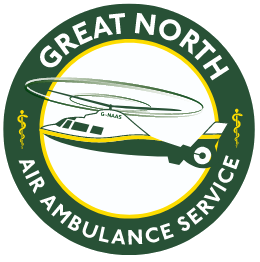“For a very long time, I have had a very strong interest and passion for ocean conservation.”
Where have you been on your travels, Hollie?
I have just got back from South Africa! I was staying at a camp in Sodwana Bay which forms part of the UNESCO World Heritage site, iSimangaliso Wetland Park.
What made you want to do this?
For a very long time, I have had a very strong interest and passion for ocean conservation.
Although my career did not take me in a direction where I can actively work towards this in my job, I try to do my best in my day-to-day life to help where I can.
Operation Wallacea is a charity which conducts conservation research all over the world. I have worked with this charity on a few occasions in the past, so when an opportunity came up to be involved with marine conservation, I jumped at the chance!
This also gave me the opportunity to step outside my comfort zone, as I was the sole medic responsible for 20-30 people at a time, in a remote location hours away from further help.
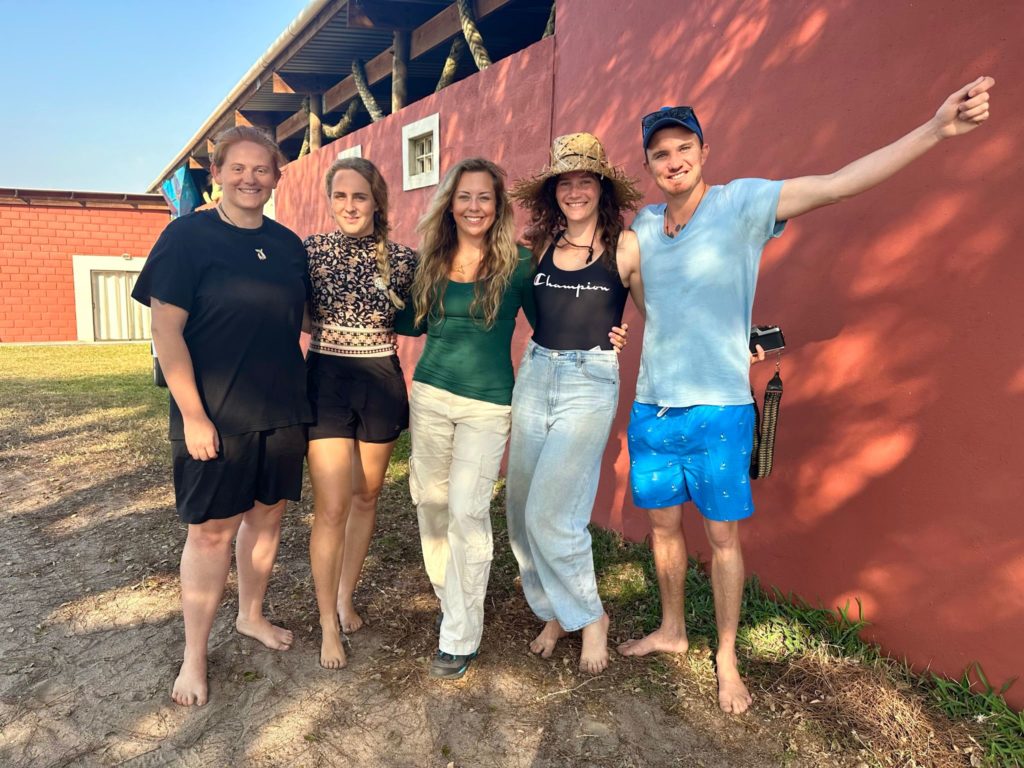

How long were you there for?
I was there for almost three weeks, spending some time in Johannesburg and Richards Bay before arriving at the Sodwana Bay camp.
How did you hear about this opportunity?
I have some experience working with the Operation Wallacea charity in the past.
When I was 17, I was studying Biology at A level and as part of this, some other students and I travelled to the Honduran rainforest and the protected marine reserve of Utila.
This taught us how to conduct biological research and it was an incredible experience. In 2019, I applied to become a medic with the charity. On my first expedition as a medic, I travelled to Madagascar and supported a group of scientists and research assistants who were conducting a variety of research in order to publish papers and aid the conservation of this area.
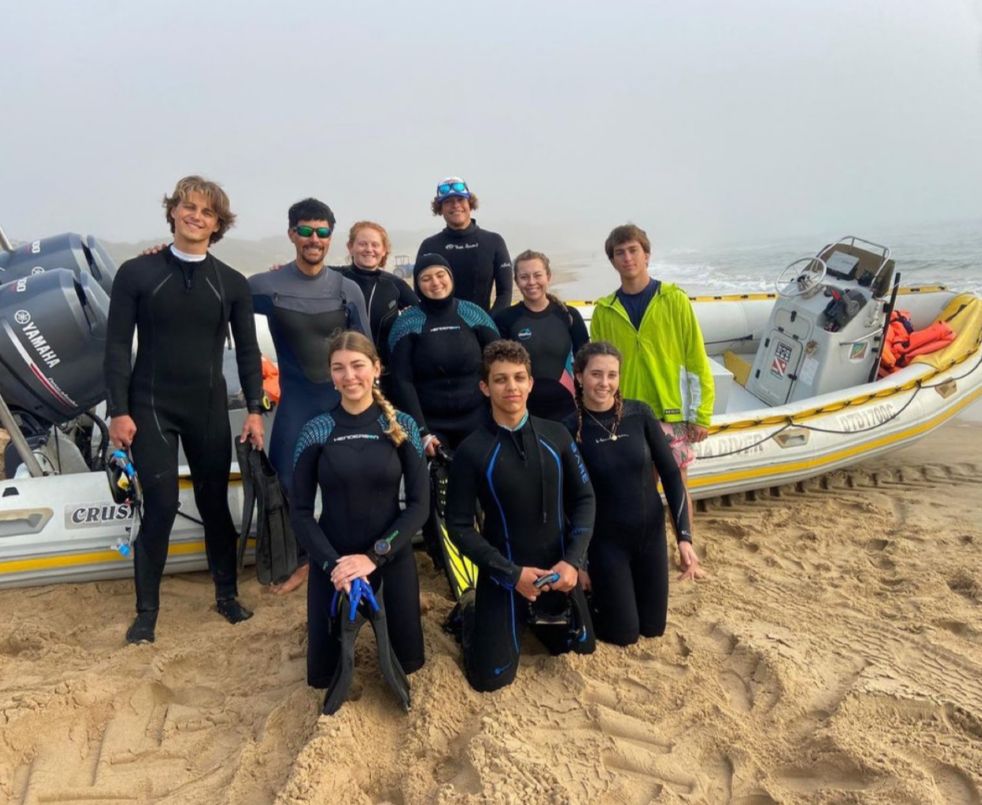

What were you doing whilst you were there?
My main role was to look after everyone in the camp.
I was there to deal with minor injuries, general expedition illnesses, and medical and dive-related emergencies.
The groups I looked after in my weeks there were teenage students who were participating in a reef ecology course. This meant that they spent each day scuba diving or snorkelling, so I was required to be on hand at the beach every day that they were there.
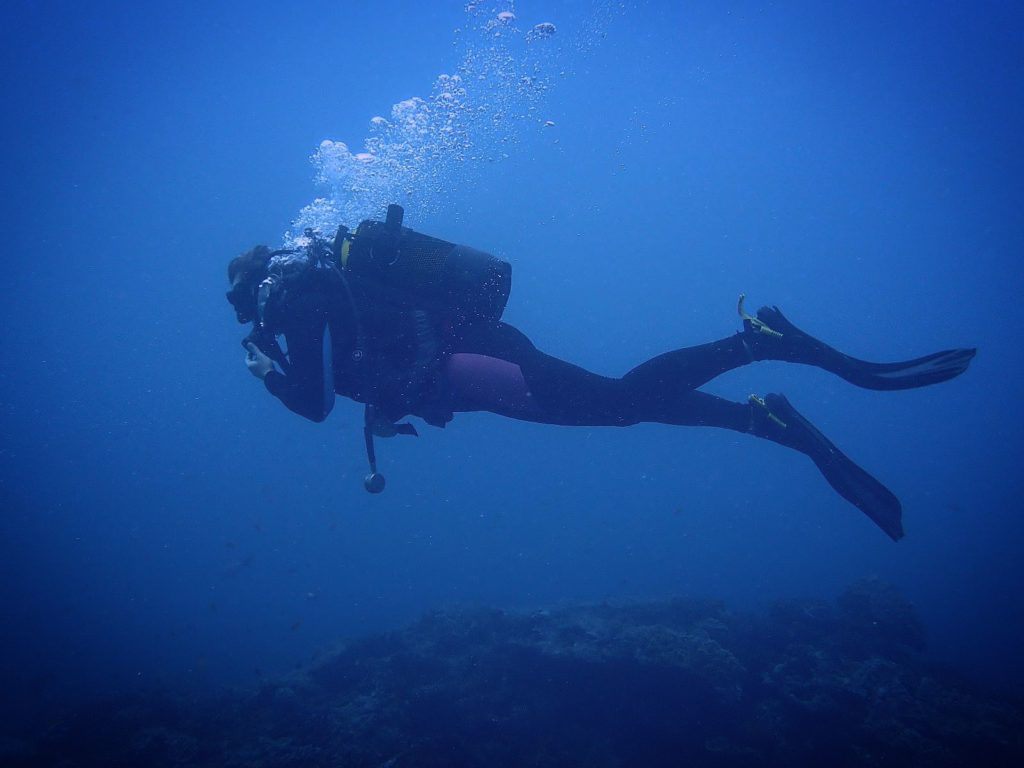

Talk me through how things worked day to day?
Each day started around 6am!
There would be a quick breakfast and then the first transfer to the beach would take place and the first scuba dive boat would usually leave at 7am.
I would often try to be on this first dive, as it meant I could be out with the group that was diving whilst the rest of the teams were safe at the beach. I would then get back from the beach and remain on hand at the shore in case any dive or medical incidents occurred.
The students would do two to three dives per day and we would all usually be back in camp for 3pm.
Once the students were back in camp, they would often have a lecture on subjects related to their reef ecology course such as coral reef importance or survey methods. After this, we would have tea at around 6pm and the rest of the night would usually be spent relaxing before another early start in the morning!
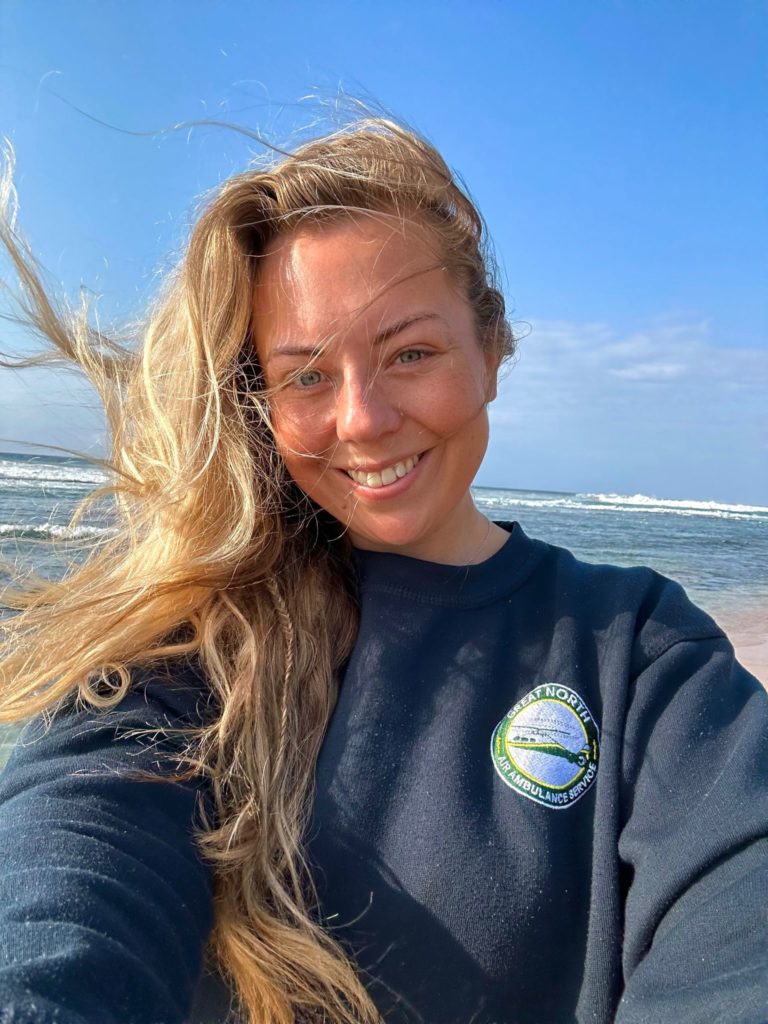

What was your favourite part of the trip?
I loved the challenge this trip provided me, dealing with even minor illnesses in this environment can be really taxing due to being so far away from further care. But I have to say, the biggest highlight for me was seeing a pod of humpback whales whilst we were out on the boat on my last day.
Who were you working with while there?
I was very lucky to work alongside an amazing team whilst in South Africa.
The main staff members who were on site 24/7 were a camp manager, a camp assistant, a dive master, and a reef ecology lecturer.
They were amazing people, all from different countries with different experiences and it was a pleasure to work alongside them. They are working there the whole season so will be there for seven weeks!
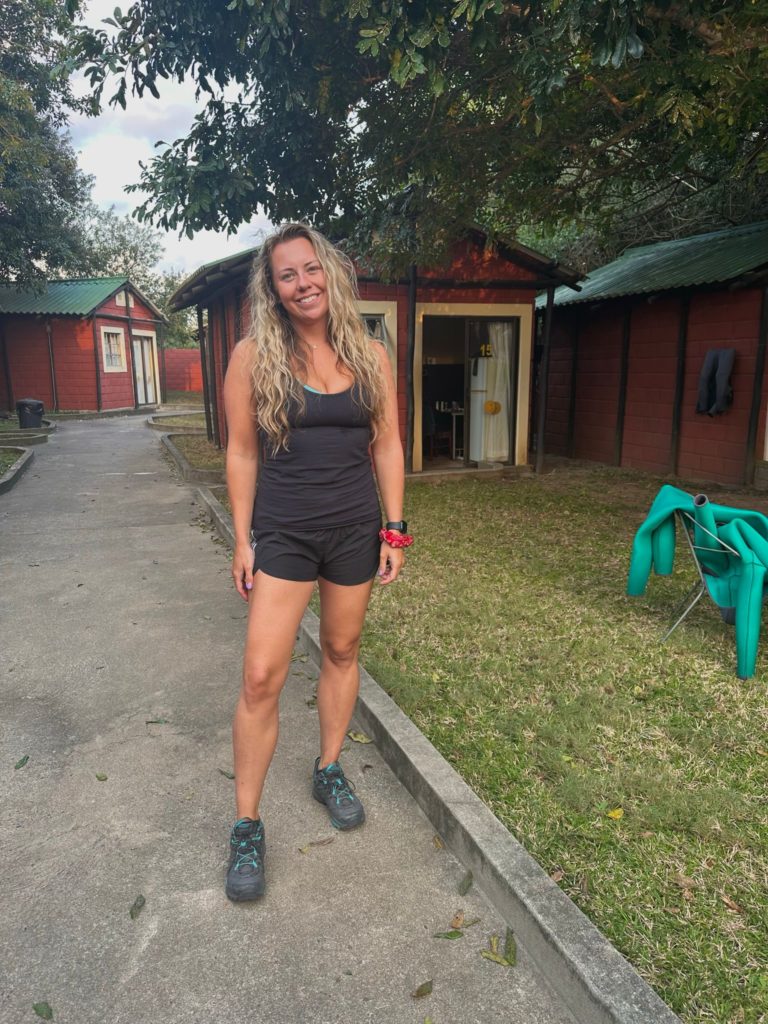

What did you learn?
I learned lots from the dive master and reef ecology lecturer about the ocean and conservation.
I also learned a lot about how it feels to be outside my comfort zone.
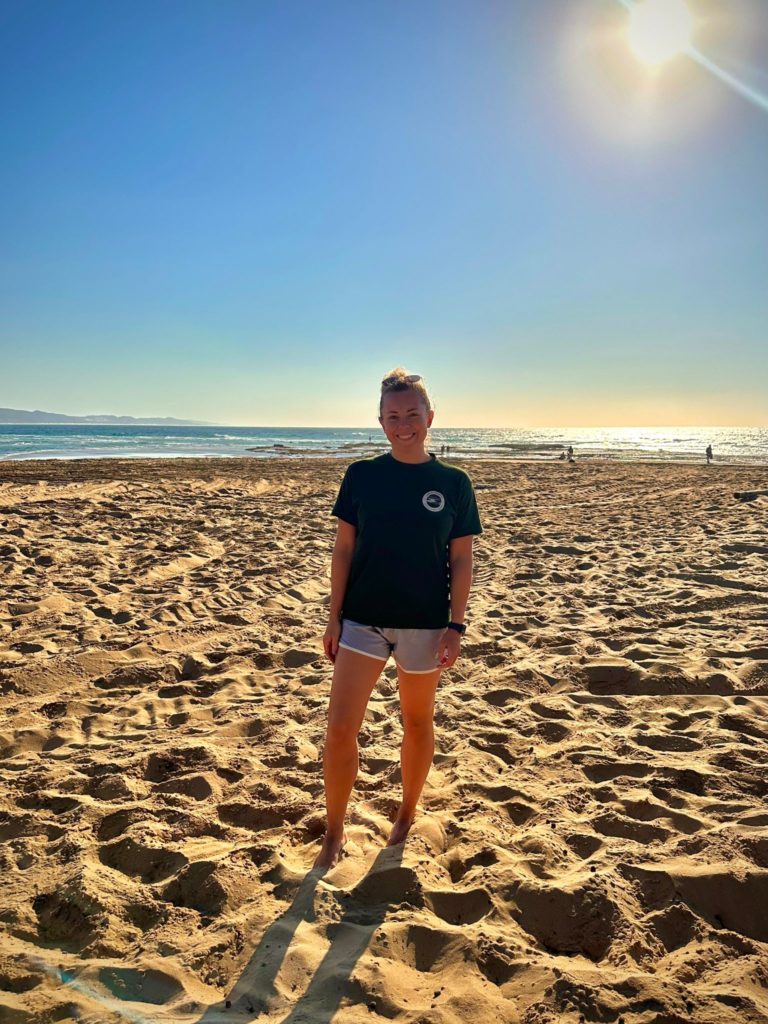

Are you planning on doing this again?
I would love to be involved with something like this again in the future, particularly focusing on ocean conservation.
Urgent Summer Appeal
We need your donations to support the increase in call-outs we face during the warmer months
Donate

